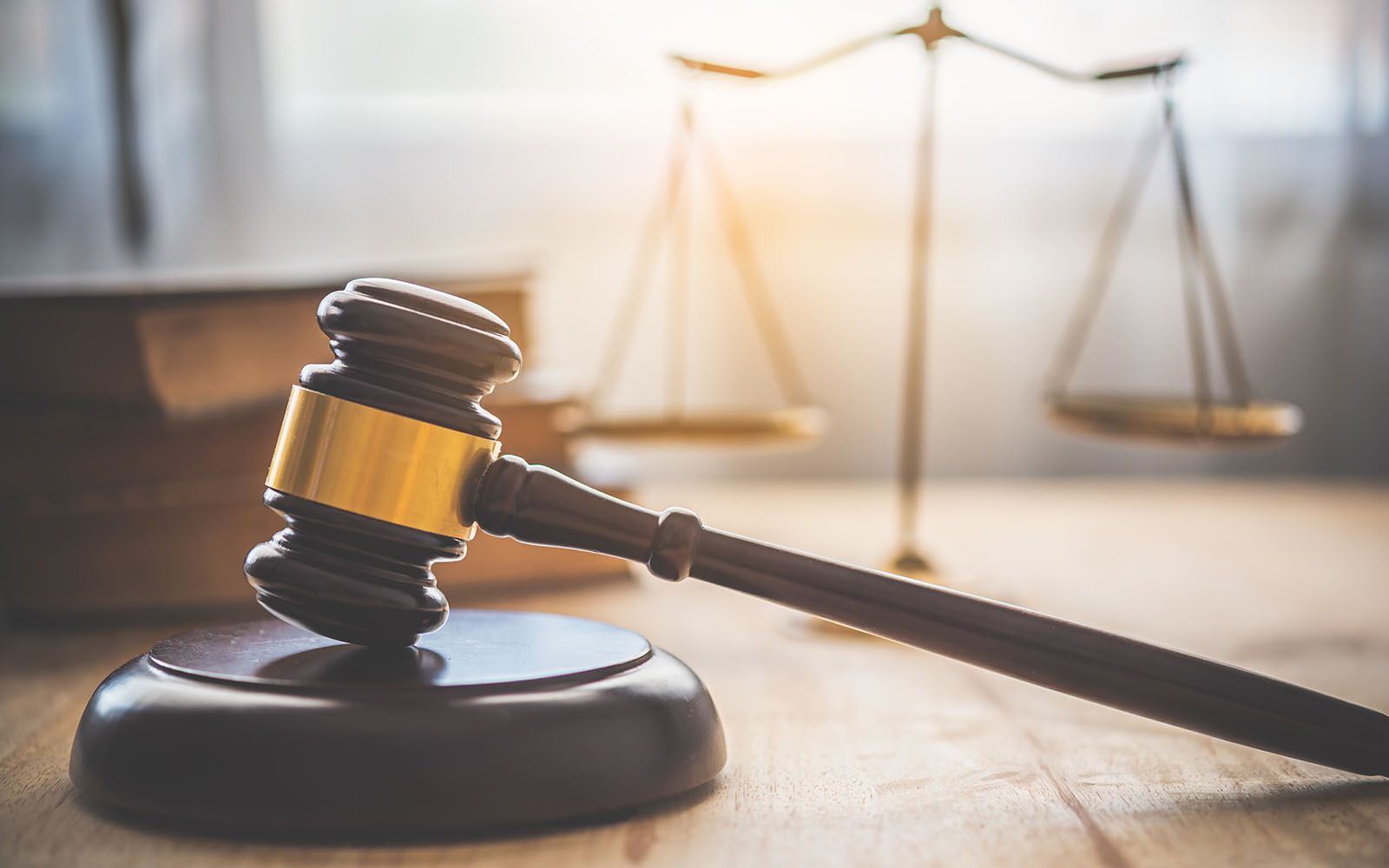Sarah Silverman, along with authors like Christopher Golden and Ta-Nehisi Coates, took OpenAI to court, saying the AI company used their copyrighted books to train its generative artificial intelligence chatbot. But a judge named Araceli Martinez-Olguin decided to throw out the case.
Authors’ Lawsuit Against OpenAI Dismissed: Judge Rules on Lack of Similarity
The judge ruled that the plaintiffs failed to show similarity between the content generated by ChatGPT, OpenAI’s artificial intelligence tool, and the books authored by Silverman and others.
The motion stated that the plaintiffs have until March 13 to provide evidence demonstrating “substantial similarity between the results and the copyrighted materials.”
Burden of Proof
In response, the plaintiffs argued that they should not be required to prove “substantial similarity” since they claim to have evidence of a direct copy of their copyrighted books being used to train the AI technology.
Legal Trend
This decision aligns with recent rulings in U.S. courts, where claims by authors against artificial intelligence companies for unauthorized use of their works in training tools have been dismissed.
Notable authors like George R.R. Martin and John Grisham have previously sued OpenAI, alleging “large-scale systematic theft” and seeking financial compensation.
The New York Times also joined the legal action, claiming billions of dollars in damages due to the alleged illegal use of millions of copyrighted articles by OpenAI and Microsoft to train their AI models.

